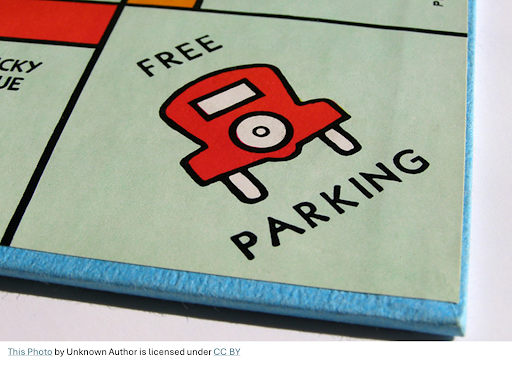For the first time since the 1980s, climate change was not mentioned in any of the presidential debates. None of the moderators asked a question on the subject, instead choosing to focus on the economy.
With climate change projections becoming more dire with each passing year, it is far too important of an issue to shove aside this election cycle.
Since the last presidential election cycle, global carbon dioxide levels contributing to the planet-warming greenhouse effect have increased roughly eight parts per million (ppm) from approximately 383ppm then to 391ppm today. Obama’s plan for a cap and trade system in 2008 crumbled to pieces with the stock market crash and massive job losses.
The percentage of Americans who believe climate change is serious has declined since the mid-2000s, which can be attributed to the struggling economy.
Where does that leave us today? Four years closer to an ice-free summer on the Arctic Ocean, sea level rise and likely increases in natural disasters.
Why do these matter? Because as the Arctic Ocean loses ice, Earth loses a large reflective area to incoming solar rays, causing the planet to warm faster.
As ice sheets melt, they push sea levels higher, and as the planet warms, weather systems generally change to become more severe in magnitude. Climate affects us all.
Both candidates did discuss their plans for America’s energy future, highlighting increases in domestic natural gas and shale oil output and how they will more fully develop these assets.
But in reality, these energy resources, made possible by new technology, will likely only exacerbate climate change.
Exploiting these previously inaccessible resources will simply lead to more burning of fossil fuels and the subsequent release of carbon dioxide into the atmosphere.
President Obama, however, has made investments in renewable energy during his first term, made possible mostly through the economic stimulus bill of 2009. Investments totaling $90 billion in wind, solar, geothermal and hydropower have helped in doubling America’s renewable energy production between 2008 and 2012. But with the money for these projects largely spent, their futures remain uncertain.
Obama proposes continuing to support renewable energy production until it becomes financially competitive with fossil fuel resources, whereas Romney proposes to end government subsidies for an industry that is not returning a profit.
Among his other environmental accomplishments, Obama doubled the fuel efficiency standards on new cars to 54.5 miles per gallon by 2025 and halted the construction of the Keystone XL pipeline meant to carry tar sands oil to refineries in Texas across sensitive ecological areas in the Great Plains.
Governor Romney has no specific proposals on environmental issues, other than opening more federal lands to drilling for natural gas and shale oil. He also proposes bringing down the Keystone XL pipeline from Canada to move toward energy independence. In short, Obama is far and away the better candidate on environmental issues plaguing our planet.
Beyond the politics of this situation are the underlying consequences of global warming, which have not changed over the past four years.
Biodiversity loss is inevitable, and countless ecosystems will be lost due to changing precipitation patterns. But that is just the tip of the iceberg.
Even in one of the better emissions scenarios, stabilization of carbon dioxide will not occur until a level of approximately 450ppm is reached, resulting in a worldwide increase in temperature of about two degrees Celsius.
To put this number in perspective, the approximate difference in worldwide temperature between today and the last ice age, when glaciers several meters thick covered present-day New York City, is about six degrees Celsius.
This amount, two degrees of warming, will lead to severe changes in weather patterns and a likely increase in natural disasters, namely hurricanes, floods, droughts and mudslides.
A sea level rise of approximately one-half meter will also likely result from the melting of ice sheets near the poles.
This may not sound very potent unless you are standing on Miami Beach or in lower Manhattan, where the elevation is little more than zero feet above sea level.
As is true with most situations, it is far cheaper to prevent catastrophe than it is to pay for it afterward. The challenge, of course, is getting both parties to agree on much of anything today.
Mitt Romney often speaks of how the ballooning national debt is irresponsible because it sticks our children with a bill. The truth is that the environment is no different: The current generation is exploiting the resources today, leaving a more polluted and warmer world for the next generation to deal with.
Unlike the debt, it is not written on paper.
It is the air, water and resources we need to live.
A weak economy is no reason to skip discussing climate change in presidential debates and national dialogue.
Our long-term future depends a lot more on our environment than on bickering over tax cuts and loopholes.











